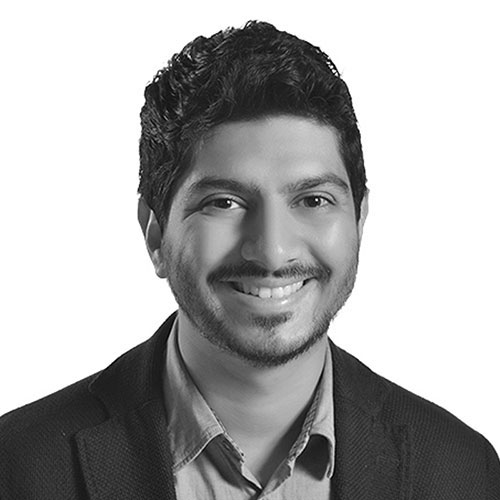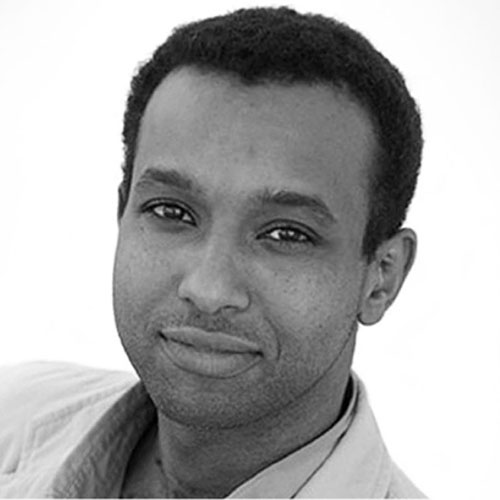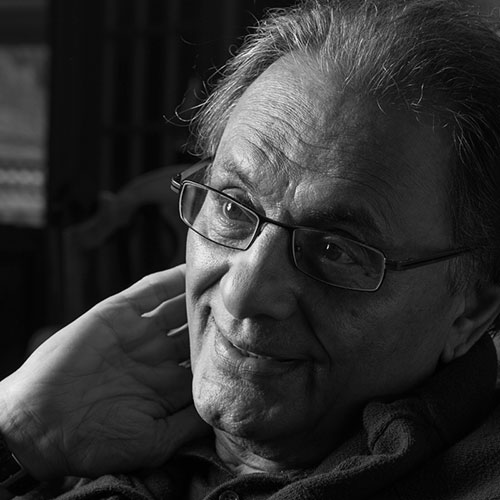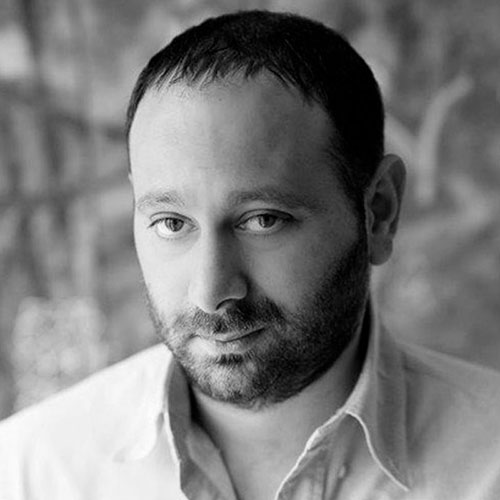A Crisis of Connectivity: New Media and Trust Formation” dealt with one of the most pressing issues of the twenty-first century: the new era in information consumption ushered by social media platforms, and the speed and magnitude of their influence on users worldwide. We spoke to leading journalists who provided their views on the decline of traditional media, as well as the challenges of living in what some have termed a “post-truth” era. Together, they unpacked the complexities of relying on social media for information, and the difficulties raised by the lack of effective regulatory mechanisms to limit hate speech and propaganda. Ultimately, our panelists suggested that the way forward is to educate the masses to adopt a more critical approach towards social media in the future, whilst establishing necessary regulations to curtail the phenomenon of “fake news.”
The subject of “trust” which the digital empire has brought upon its users shaped the central argument amongst the panelists. Even though social media streamlined major revolutions such as the Arab Spring, the Cedar Revolution and Green revolution in Iran, Haroon Siddique also proposed that the contradictory element of uncontrolled reach and functioning of digital media has resulted in the creation of a “monster” in today’s era. However, this claim was refuted by Riyaad Minty as he stated that the idea of trust remains rooted between people and that mainstream media fails to accommodate the power of connectivity that digital platforms have put forth.
As the discussion followed, Rageh Omar underlined how digital media has allowed the ease of access to a story in conflict-ridden areas through local citizens. However, David Patrikarakos argued that the elements of media that vouch for freedom of expression also come with contradictions, especially when the state uses it against the oppressed.
Another paradox which was mentioned regarding digital media was the concept of allowing the creation of silos as digital space permits, each community conversing online with each other based on common perceptions and prejudices. This factor was then associated with rising populism in today’s world which has not only led to a declining democracy but also a transformation in its global meaning. In conclusive remarks, Rageh Omar highlighted the lack of authenticity that comes with social media outlets; where news on Syria remains in the same feed as with what a socialite like Kim Kardashian does. As a result, as much as new media has allowed the world to become closer in terms of sharing ideas, its drawbacks come with unrestrained barriers which will shape the global discourse for years to come.



